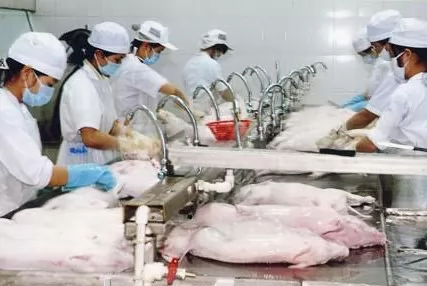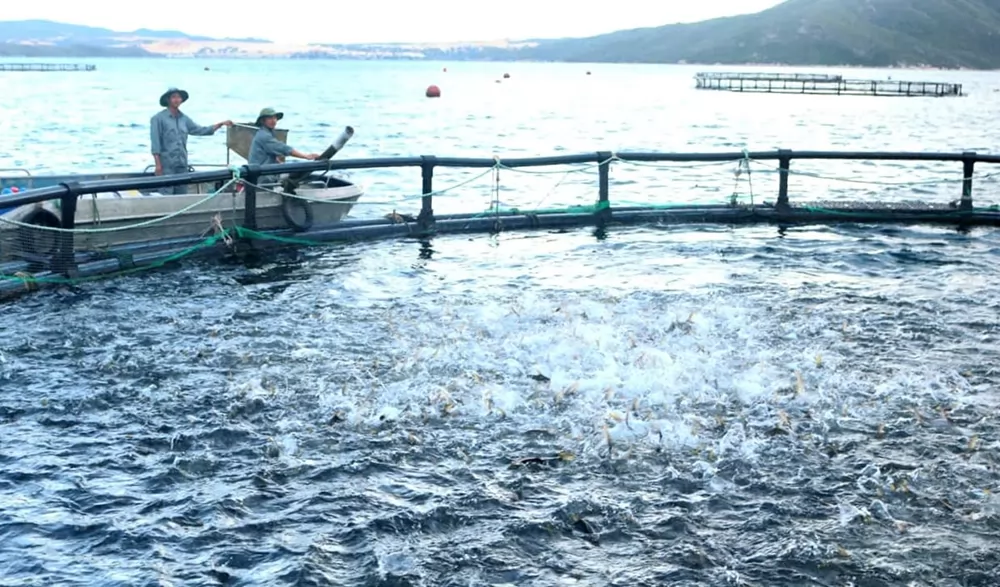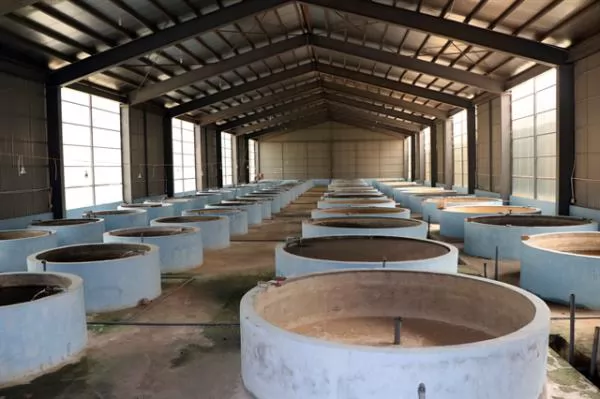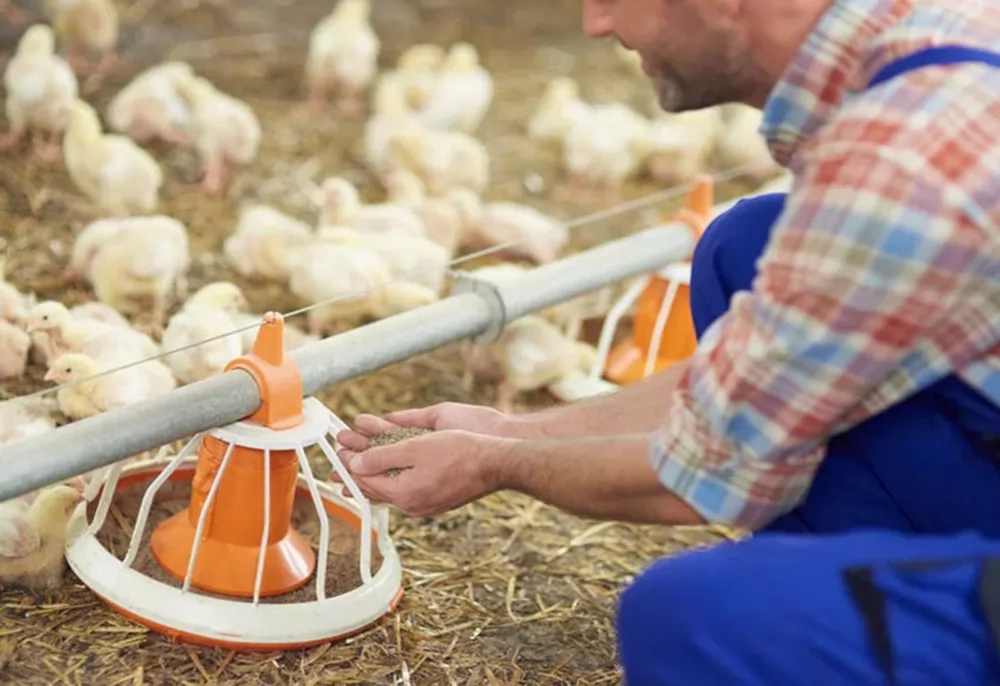Vietnam sees rise in export of breeding products

Processing meat frozen from suckling pig (Source: Internet)
Vietnam shipped 39,000 tonnes of frozen meat from suckling pig to China and Hong Kong (China) in 2015, reaching a turnover 103 million USD, nearly doubling those of the previous year.
Hanoi (VNA) – Vietnam shipped 39,000 tonnes of frozen meat from suckling pig to China and Hong Kong (China) in 2015, reaching a turnover 103 million USD, nearly doubling those of the previous year.
According to the Ministry of Agriculture and Rural Development’s Department of Livestock, the country exported 31 million salted duck eggs worth 4.9 million USD to Malaysia, Singapore and China, representing a year-on-year increase of 22.6 percent.
Meanwhile, around 13,000 tonnes of unpasteurised fresh milk were sold in foreign markets, mostly in Cambodia, China, and Taiwan (China), raking in 19.6 million USD.
Vietnam also exported about 300,000 tonnes of animal feed during the year with a turnover value of nearly 97.7 million USD to Laos, Cambodia, India, Japan, the Republic of Korea, and Taiwan (China).
Under the Prime Minister’s Decision No. 50/2014/QD-TTg on assisting animal husbandry between 2015 and 2020, Vietnamese farmers will be supported with high-quality cattle sperm to hybridise their livestock. Cutting-edge fodder-producing technology will also be transferred to make the best use of agricultural residues.
The sector aims to raise the proportion of hybrid cattle to 70 percent and increase beef output to 319,000 tonnes (equivalent to nearly 5.6 million heads) by 2020. It will also develop small- and medium-sized livestock areas in suitable grassy regions such as in northern mountainous areas, northern and central coastal areas, and the Central Highlands .
In 2014, Vietnam had about 5.16 million heads of cattle with a beef output of 297,400 tonnes – a 4.2 percent increase from a year earlier. It imported roughly 300 million USD worth of live cattle and 50 million USD worth of frozen beef.-VNA
Maybe you are interested

High-tech mariculture: unlocking potential, overcoming challenges
Khanh Hoa Province is rapidly transitioning to high-tech marine aquaculture to adapt to climate change and enhance the value and output of its seafood.

$2 million dollar sturgeon project in Sơn La abandoned
A sturgeon breeding project worth more than VNĐ50 billion (US$2.1 million) has been abandoned in Sơn La Province for the past three years, wasting State investment resources.

New poultry feed app helps farmers optimise nutrition
A free mobile app for chicken farmers claims to make optimal poultry nutrition easier, while also helping farmers save money and improve profits.





